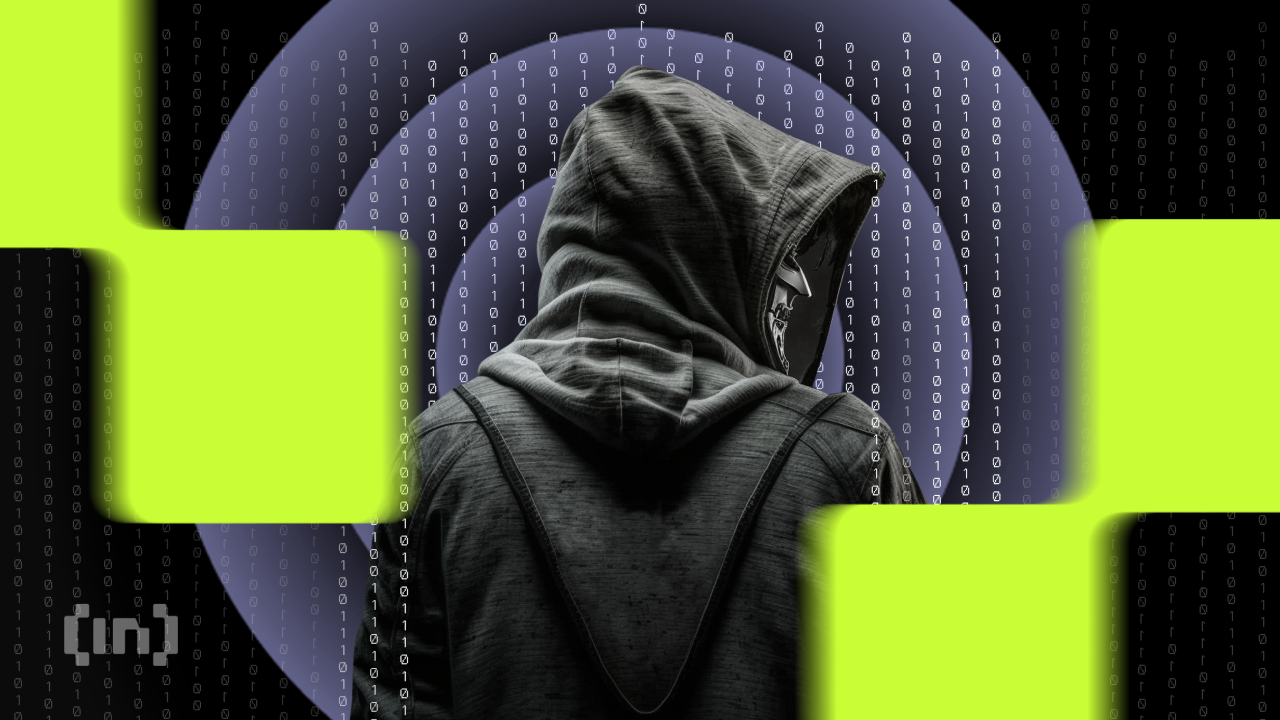The Paris criminal court reportedly recently cleared the hackers of Platypus of all charges, allowing them to leave the courtroom without legal consequences.
The judge explicitly stated that French criminal law does not technically prohibit protocol hacks, leading to the dismissal of charges against the Platypus hackers.
Platypus Was Victim To Severe Losses
According to the report, decentralized finance platform, Platypus, lost the equivalent of $9.03 million in a crypto pool.
It stated that Mohammed M. took advantage of a code error that day, withdrawing all assets without providing any equivalent in return.
Such incidents are common in decentralized finance, where automation streamlines crypto operations. However, vulnerabilities in the programming of “smart contracts” can become conduits for fund theft.
Crypto exchange Binance reportedly alerted investigators at the Central Office for Crime in Information and Communication Technologies.
Within days, they traced financial flows, leading to the identification and arrest of two brothers, Mohammed and Benamar M.
Learn more: 15 Most Common Crypto Scams To Look Out For
What Charges Were The Hackers Up For?
It notes that Mohammed M. was facing charges of unauthorized access, maintaining an automated data system, fraud, and money laundering.
Meanwhile, his brother reportedly faced accusations related to handling stolen goods.
However, the judge has dismissed the case.
This incident highlights challenges in the decentralized finance sector and the ongoing battle against vulnerabilities.
However, Platypus’s loss underscores the need for robust security measures in an era where financial automation brings both efficiency and risks.
As the industry evolves, platforms must fortify smart contracts against potential exploits.
Learn more: What Is a Rug Pull? A Guide to the Web3 Scam
The post Platypus Hackers Cleared Of All Charges: Report appeared first on BeInCrypto.
